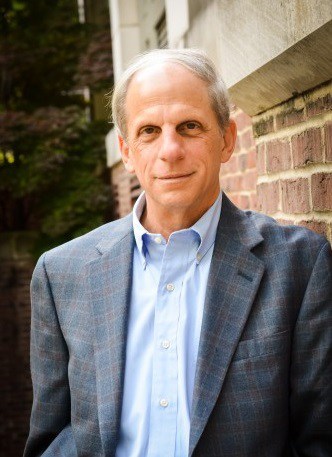Soul, Self and Society Speaker Event

 Texas A&M University-Commerce is proud to present law scholar, Dr. Edward Rubin, as its next Sam Rayburn Speaker Series guest. Rubin's most recent work focuses on the evolution of the modern regulatory state in western democracies. Rubin will deliver his keynote address, titled, “Soul, Self and Society,” on Nov. 16, at 7 p.m. in the Traditions Room of the Rayburn Student Center.
Texas A&M University-Commerce is proud to present law scholar, Dr. Edward Rubin, as its next Sam Rayburn Speaker Series guest. Rubin's most recent work focuses on the evolution of the modern regulatory state in western democracies. Rubin will deliver his keynote address, titled, “Soul, Self and Society,” on Nov. 16, at 7 p.m. in the Traditions Room of the Rayburn Student Center.
Dr. Rubin graduated from Princeton University and started his career as the curriculum planner for the New York City Board of Education. In 1979, he graduated from Yale Law School and began working as a law clerk for Judge Jon O. Newman of the U.S. Court of Appeals for the Second Circuit. Rubin also practiced law as an associate in the entertainment law department of Paul, Weiss, Rifkind, Wharton & Garrison in New York.
In 1982, he began his post-secondary career as the Richard K. Jennings Professor of Law at Boalt Hall School of Law, University of California-Berkeley where he also served as associate dean. From 1998 to 2005, he held the Theodore K. Warner, Jr. Professorship of Law at University of Pennsylvania Law School. After which, Professor Rubin joined Vanderbilt Law School as dean and became the first John Wade-Kent Syverud Professor of Law in July 2005, serving a four-year term that ended June 2009.
In regards to the speaker event, Student Government Association President Will Horton said:
“I have long been in favor of bringing more academics to campus. Dr. Rubin is an individual who has written several pieces of literature and who teaches law at Vanderbilt University, and for those reasons I think he is an excellent addition to the speaker’s series. The series is about providing students with opportunities to hear published authors speak about a particular topic or a work that they have written, and it is hoped that these speakers will aid our students in engaging in enlightening and intellectual conversations about current events.
“I encourage all of our students to come and listen to the speakers we bring to campus, and hopefully in doing so, all of us can grow and learn as individuals.”


